50 Best Movie Screenplays
Sizzling scripts that leapt from page to screen
Sweet Smell Of Success (1957)
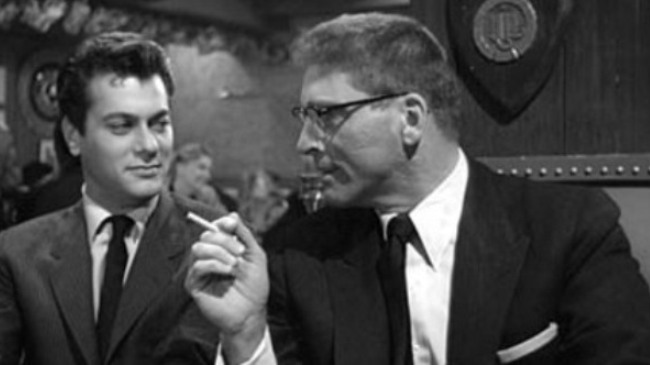
The Screenplay: Ernest Lehmann was hired to adapt his own novella about the poisonous relationship between a publicist and a newspaper columnist, but fell ill during pre-production. Producer/star Burt Lancaster gambled on Clifford Odets, the left-wing playwright considered a wash-up after he'd testified at the House Committee on Un-American Activities.
Why It's So Impressive: Odets located the dark heart of Lehmann's story and exaggerated it through stylised dialogue that sounds like the poetry of the Manhattan streets.
Most Quotable Line: "You're dead, son. Get yourself buried."
His Girl Friday (1940)
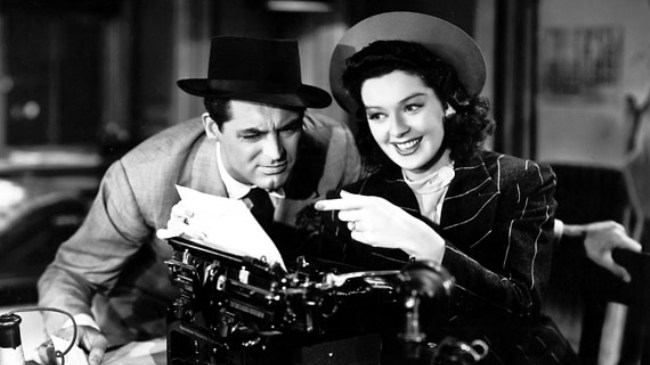
The Screenplay: Ben Hecht and Charles MacArthur's play about warring newspaper staff, The Front Page , had already been adapted into a film when Howard Hawks opted to remake it from a script by the play's original authors plus new recruit Charles Lederer.
Why It's So Impressive: Hawks had the inspiration to switch the gender of star reporter Hildy Johnson, making her the ex-wife of editor Walter Burns to add a frisson of romantic comedy to the action. As for the action, Hawks wanted speed and pioneered overlapping dialogue by deliberately making the beginning and end of sentences unnecessary.
Most Quotable Line: "Well, the Sheriff gave his gun to the Professor and the Professor gave it to Earl, and Earl shot the Professor right in the classified ads...No, ads ."
Casablanca (1942)
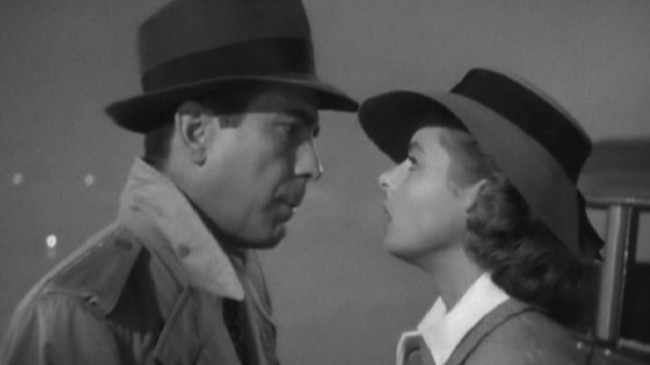
The Screenplay: Murray Burnett and Joan Alison's play Everybody Comes To Rick's was unproduced when Warner Brothers bagged the rights, assigning the screenwriting gig to in-house staff writers Julius and Philip Epstein, and later Howard Koch and (uncredited) Casey Robinson.
Sign up for the Total Film Newsletter
Bringing all the latest movie news, features, and reviews to your inbox
Why It's So Impressive: Rumour has it nobody knew how the film would end until they shot the final scene. That's probably nonsense, but this is the clearest example of Hollywood producing a perfectly weighted and structured story by committee, each new writer refining what his predecessor had achieved.
Most Quotable Line: "Here's looking at you, kid."
Groundhog Day (1993)
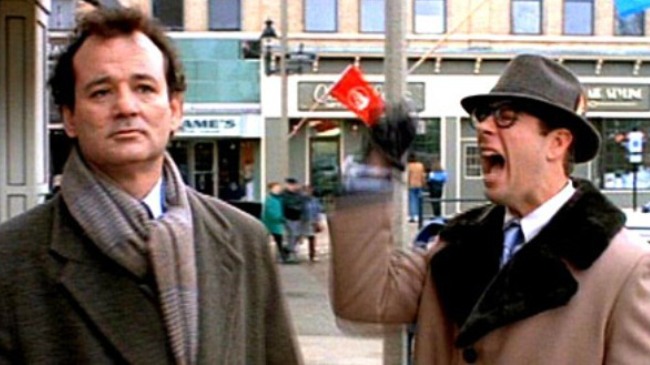
The Screenplay: Danny Rubin came up with one of the most original rom-com premises ever - what if a guy was forced to live the same day over and over again? Director Harold Ramis helped the writer shape the idea into the final product.
Why It's So Impressive: Few high-concept comedies bring as much detail to the table as this. Rubin and Ramis have thought of every tonal variation a guy might feel - lust, despair, self-improvement - and devised an elliptical structure that allows the film to suggest that years have passed en route to a classic third-act redemption for reformed misanthropist Phil Connors.
Most Quotable Line: "Ned Ryerson!"
The Godfather (1972)
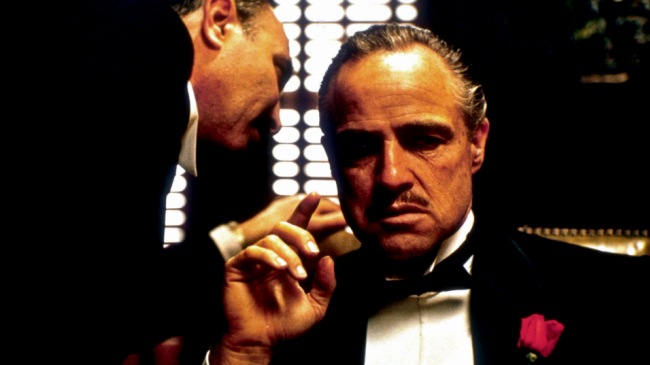
The Screenplay: Francis Ford Coppola, already an Oscar-winning screenwriter, worked with Mario Puzo to bring the latter's best-selling novel about a family of gangsters to the big screen. The two would collaborate again for the film's sequels.
Why It's So Impressive: A toss-up between this and Part II 's ambitious parallel stories, but this gets the nod for nailing the balance between set-pieces and introspection, familial warmth and cold violence. Also, bonus points for never once mentioning the word 'Mafia.'
Most Quotable Line: "My father made him an offer he couldn't refuse."
Some Like It Hot (1959)
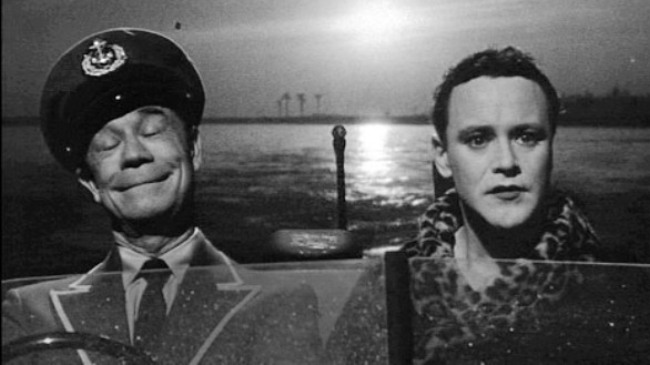
The Screenplay: Billy Wilder and I.A.L. Diamond used German film Fanfaren der Liebe as the basis for their classic cross-dressing comedy about musicians on the run.
Why It's So Impressive: Wilder and Diamond added a gangland subplot that raises the dramatic stakes and makes the plot more plausible, but really it's a case of Wilder's sweet/sour style never being quite as delicious as this.
Most Quotable Line: "Nobody's perfect!"
Citizen Kane (1941)
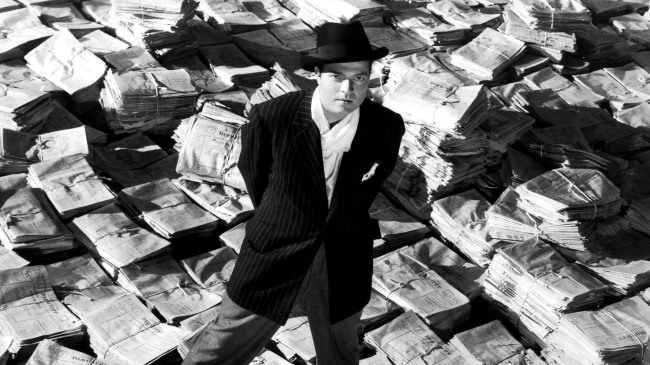
The Screenplay: Orson Welles enlisted respected screenwriter Herman J. Mankiewicz to help launch his Hollywood career. The pair decided to tell the life story of a media mogul, loosely based on the real-life example of William Randolph Hearst.
Why It's So Impressive: The innovative flashback structure allowed Welles and Mankiewicz to avoid certainty by having Kane's story told by several, possibly unreliable, narrators - one of the many elements that led to Kane's longstanding status as "the best film ever."
Most Quotable Line: "Rosebud."
Pulp Fiction (1994)
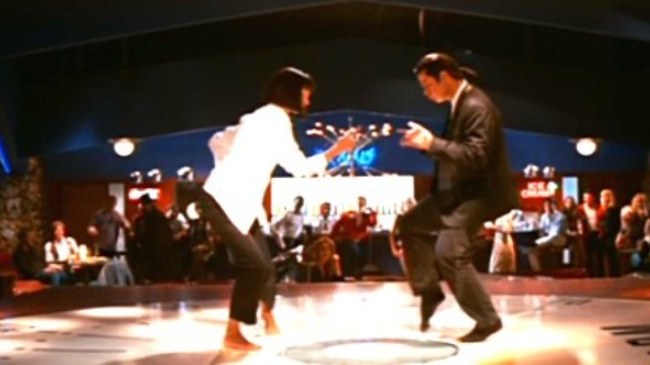
The Screenplay: Quentin Tarantino, redux - a trilogy of paperback potboilers about L.A. gangsters fed into a shredder and then stitched back together.
Why It's So Impressive: The classic case of a successful screenwriter using his newfound clout to throw the rulebook away, Tarantino ignores structural orthodoxy to string together great scene after great scene.
Most Quotable Line: "Bring out the gimp."
Back To The Future (1985)
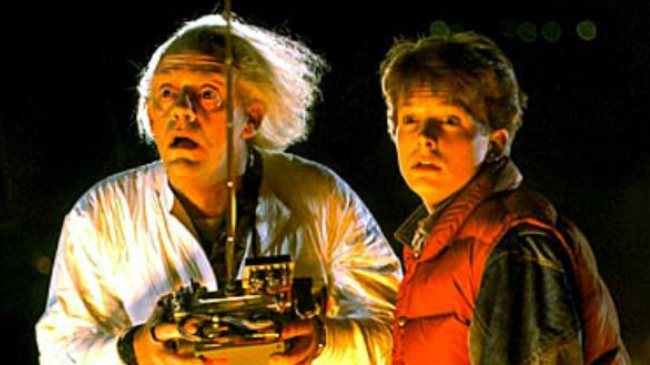
The Screenplay: Robert Zemeckis and Bob Gale were inspired to make a comedy about the generation gap, and given Zemeckis' friendship with Steven Spielberg, it made sense to do it as a FX-laden time travel adventure. Question is: should they make the time machine a fridge... or a DeLorean?
Why It's So Impressive: Showing a tonal range and ambition beyond most movies, Zemeckis and Gale found comedy in incest and suspense in a lightning bolt, in an intricately structured plot that expertly resolves about a dozen threats to its characters.
Most Quotable Line: "If my calculations are correct, when this baby hits 88 miles per hour... you're gonna see some serious shit."
Chinatown (1974)
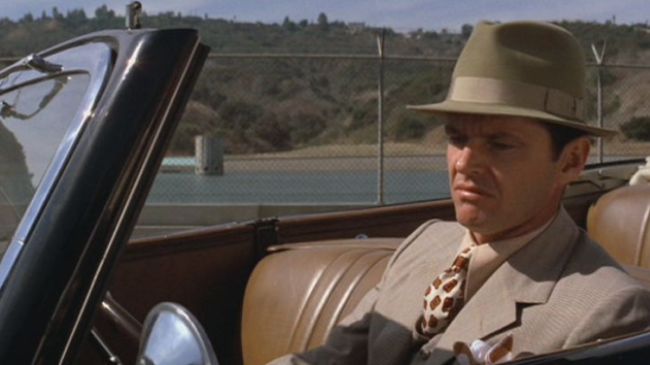
The Screenplay: Robert Towne's love of film noir - and his interest in the murky political origins of Los Angeles as a city - intertwined in his original screenplay by a private detective J.J. Gittes (a part written for Towne's friend, Jack Nicholson) getting in over his head when he stumbles across a conspiracy.
Why It's So Impressive: Chinatown remains the benchmark for film screenplays, a superbly layered construction that mixes historical research with inspired plot twists and uses a familiar genre to take the audience on a dark journey. Ironically, it also proves the adage that a screenplay is no more than the director's blueprint, since Roman Polanski famously overruled Towne to create the film's chilling ending.
Most Quotable Line: "Forget it, Jake, it's Chinatown."


